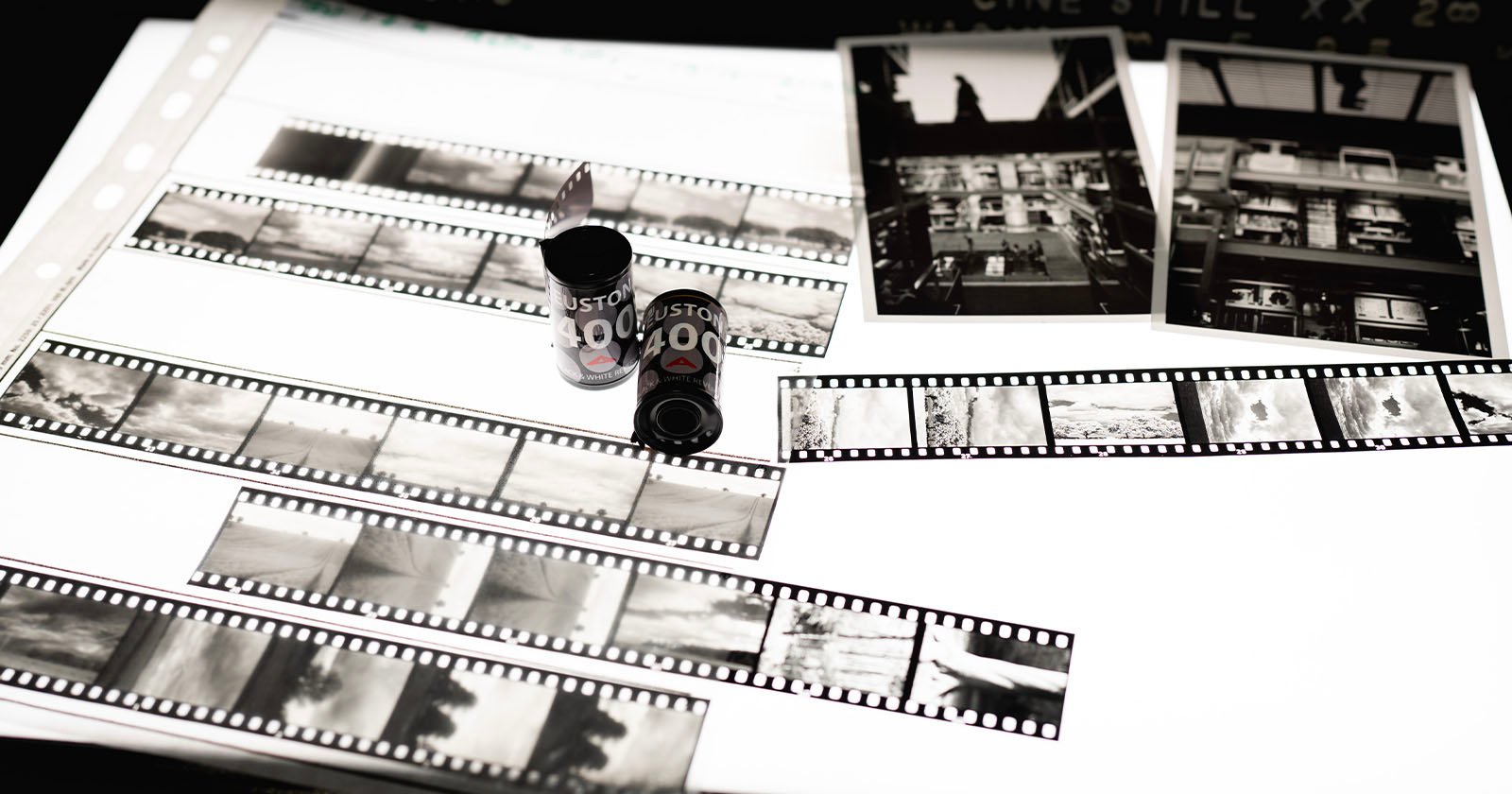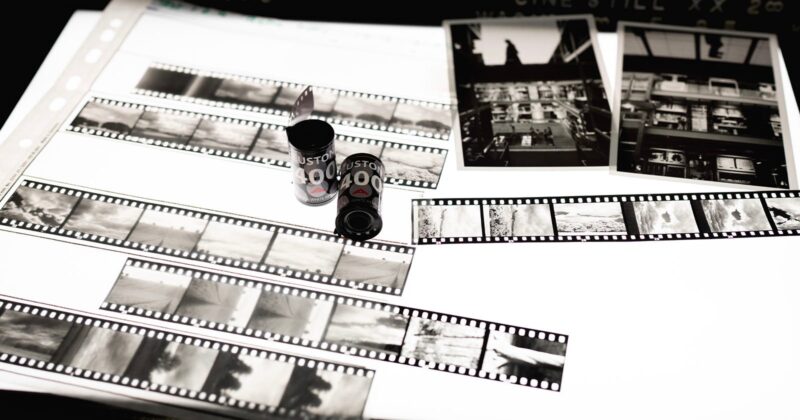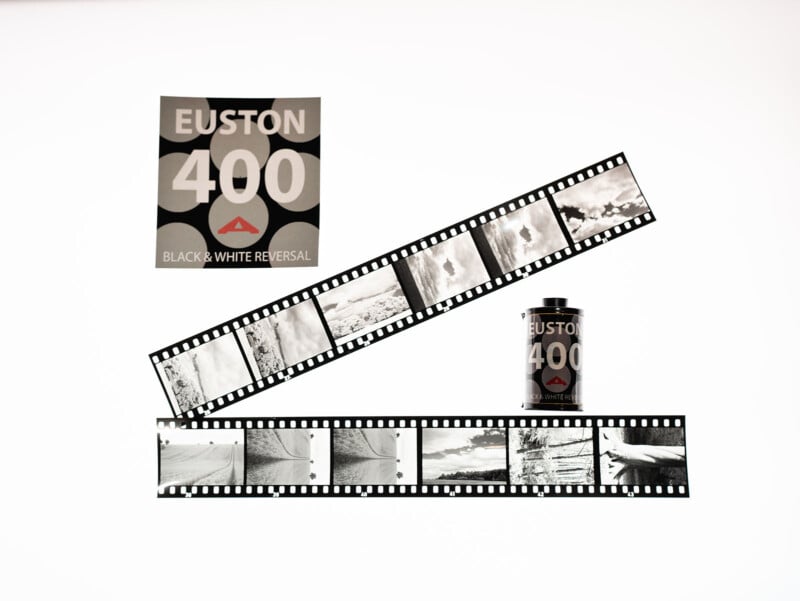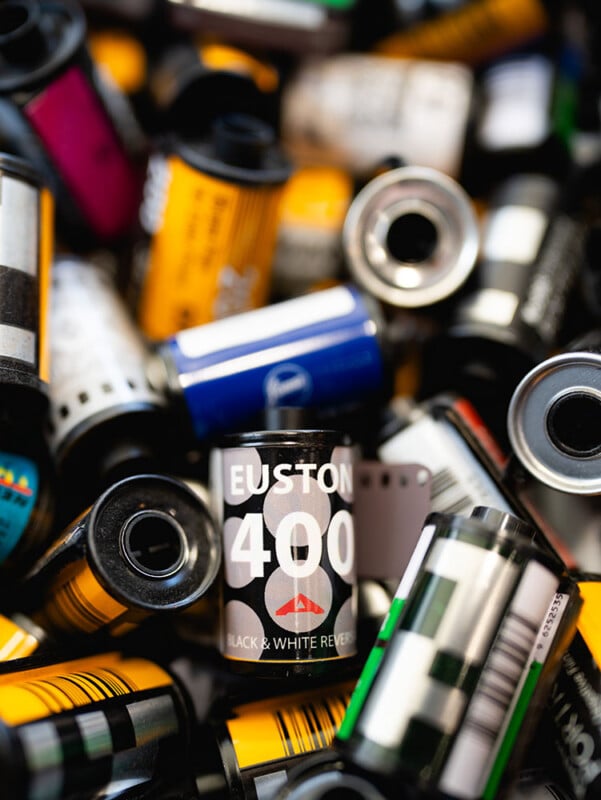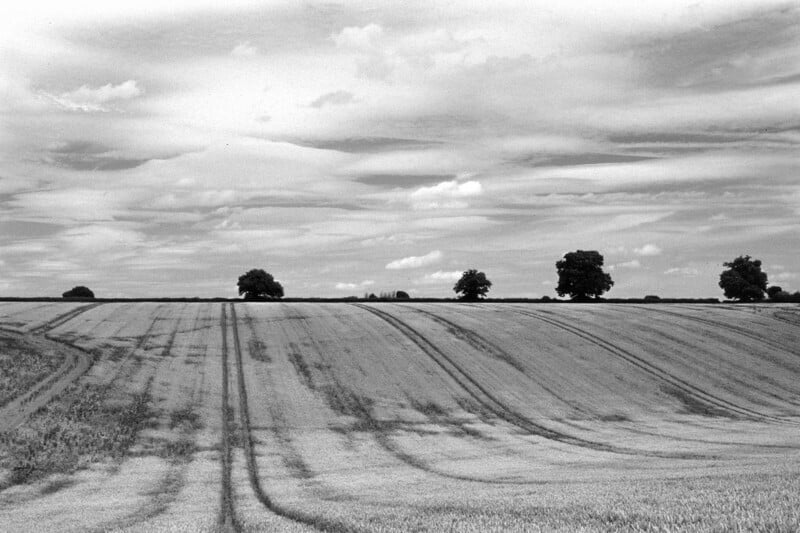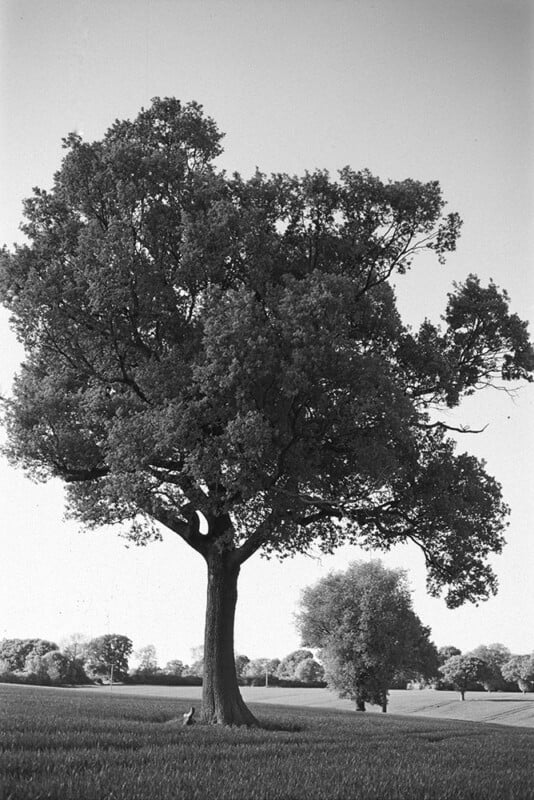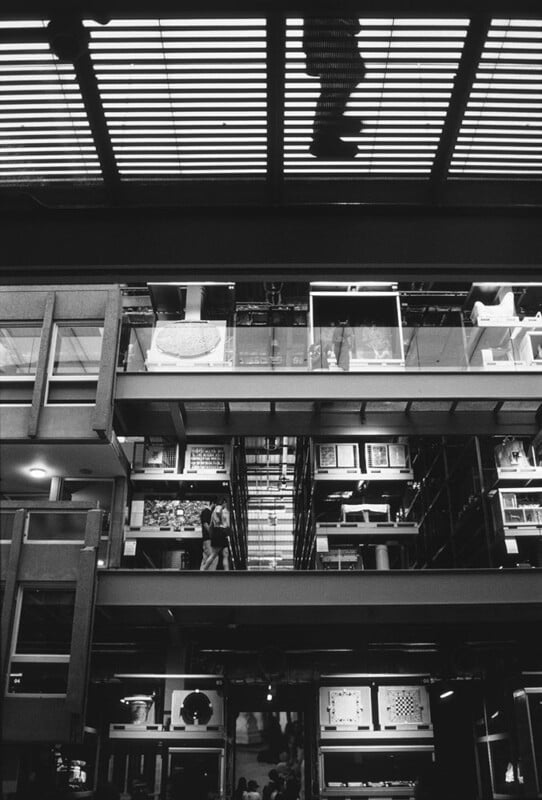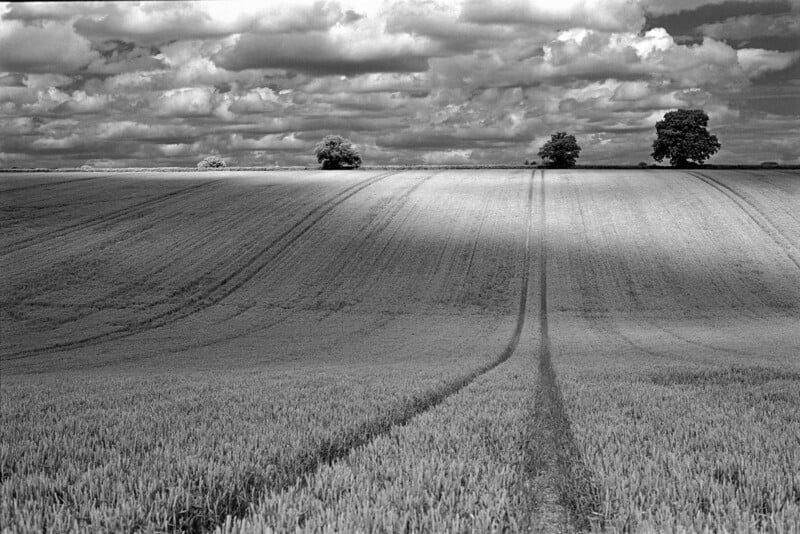A film lab in London has announced a limited edition black-and-white reversal film named Euston 400. It is Aperture Printing‘s first branded film.
Kosmo Foto reports that the film is a modified version of Rollei’s black-and-white negative stock, repurposed into a slide film using a new development process developed by one of the lab’s team members.
Aperture Printing is located in central London, not far from Euston Road, and analog photographers wanting to purchase the film will need to visit the physical shop on Rathbone Place.
The film is based on Rollei 400 and was developed by Alex Cole, a lab technician who joined Aperture Printing earlier this year. Euston 400 is expected to be the first in a series of black-and-white films designed to be shot as slides and processed using the lab’s proprietary chemistry.
Kosmo Foto notes that black-and-white slide film is not a new concept. Agfa previously released Dia, a 12-ISO slide film, which was eventually replaced by Scala 200X, a more widely adopted film that was discontinued in 2005. More recently, German manufacturer Adox introduced Scala 50, a slide-compatible version of its HR-50 film, in 2019.
Cole says that “this project has been in mind for a long time,” but developing a reliable and scalable process takes time.
“There are a lot of online resources and enthusiasts that have been incredibly useful for learning the chemistry and basic process,” he tells Kosmo Foto. “The difficulty came from translating the process into one that is sustainable in a commercial setting without the knowledge or machinery used when black-and-white reversal was last publicly available.”
Euston 400 Example Shots
“Understanding the chemistry and mechanisms of black-and-white reversal has been a personal research project since 2023,” Cole tells Kosmo Foto. “Testing of the process didn’t start until March 2025. Each chemical stage was tested individually to give a whole understanding of the process. Our reversal recipe has successfully developed 50+ black-and-white slide films.”
The lab plans to release two more slide films, also based on Rollei black-and-white emulsions. “The high silver content and clear bases produce bright slides with incredible tonal range. Each film has different characteristics as a slide film. The variety of ISO speeds allows the films to be shot in a range of environments.”
The lab has produced 60 rolls of Euston 400 for this release. The film is priced at $10 (£8 per roll). Development services cost $26 (£20), or $34 (£26) including scanning.

